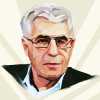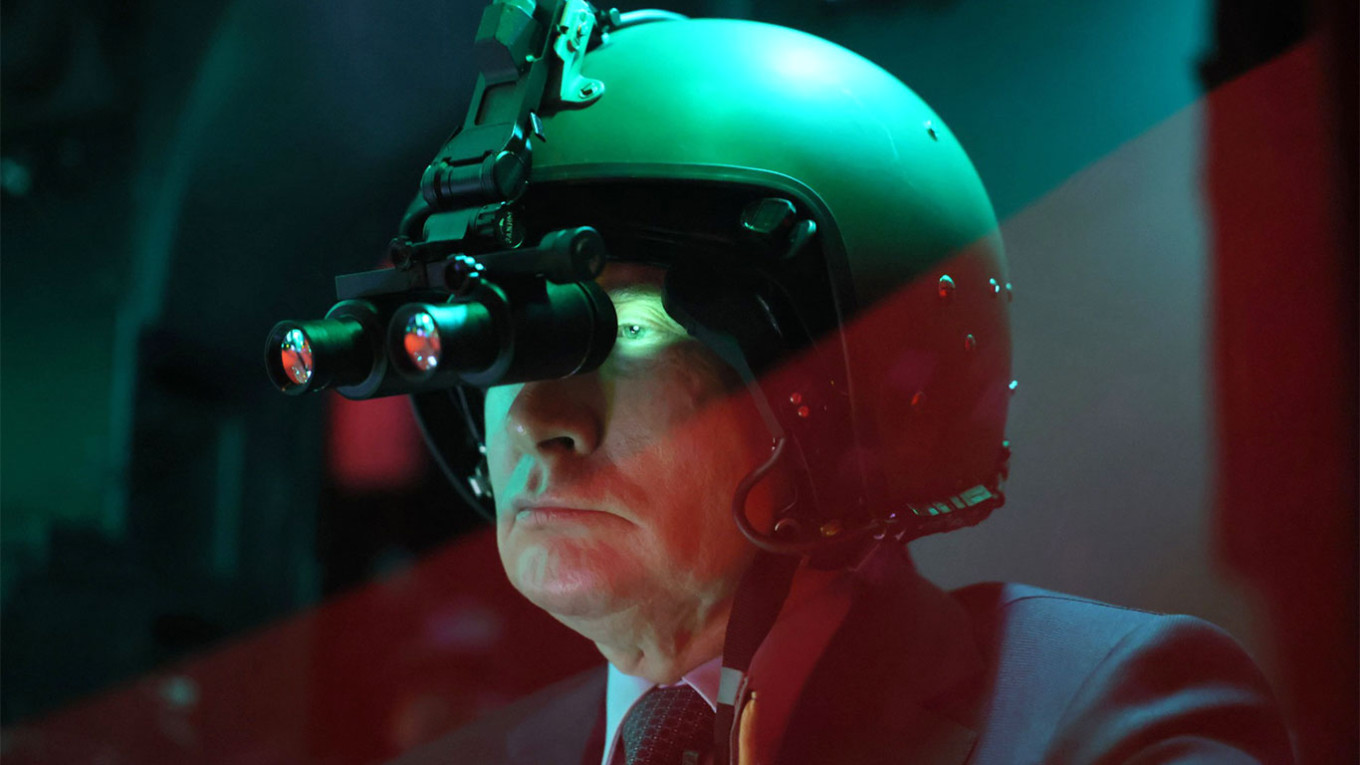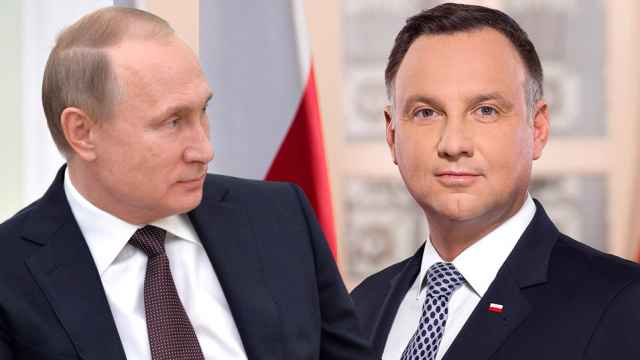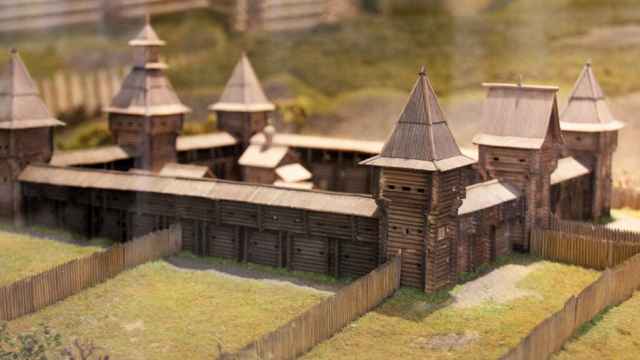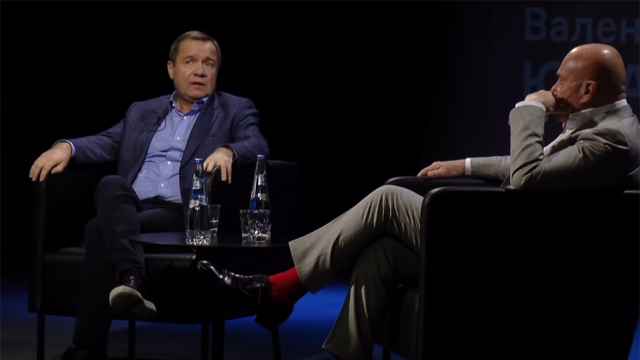If Vladimir Putin was just a military pensioner playing dominoes and not the president of Russia, his inner world would be important only to his relatives, whom he would pester with his historical insights. But he is one of the most powerful people on Earth. He single-handedly, without any checks and balances, rules a huge country, commanding armies, and even nuclear weapons. What he thinks about the world and how he sees it is the most important determinant of what is happening on the planet.
People like him do not react to reality, but to their perception of it. If you, as the Bolsheviks did after seizing power, expect to be attacked, then you begin to prepare for war. Not only a defensive war, but also an aggressive one, which will inevitably break out in the end regardless of the true level of threat. Perception becomes reality.
Another of Putin’s tenets is that the West is trying to enact revenge for the defeats of Napoleon and Hitler. Apparently, that is why it supposedly attacked Russia on the territory of Ukraine. Hearing this may be laughable or frightening but it allows us to understand the picture of the world goes on in the mind of the Supreme Commander-in-Chief of the Russian Armed Forces. The world he lives in and reacts to, including war, has some important characteristics that have nothing to do with reality.
It is a world that is frozen in time, and united in its inherent hatred of Russia. Anyone who was once an enemy remains that way. Putin's propagandist Dmitry Kiselyov said that Stockholm's support of Ukraine was revenge for Sweden's defeat at the Battle of Poltava. If it was real, the persistence with which these countries have tried to weaken Russia would be better applied elsewhere.
In Putin's view, the French have for more than two hundred years passed on a covenant from father to son – to ensure the victory Emperor Napoleon failed to complete. They swear this when taking the first communion, or undergo a special rite of passage at adulthood. Even nations who once fought Napoleon share this mindset. Angela Merkel, apparently, reminded Olaf Scholz that now he is responsible for the continuation of Adolf Hitler’s work after she failed to complete his campaign to the east.
The Europeans and Americans, like fanatical members of a religious order, think of nothing but their holy task - to harm Russia. All the little things, like the quality of their own lives, recede into the background for them. Putin ignores the complexity and internal contradictions of the Western world. Napoleon, after all, was at war with England, and that is why he attacked Russia, hoping, having defeated it, to crush his main enemy. Russia was not a priority enemy for him.
No united West, especially united by hatred of Russia, has never existed. The history of Europe is marked by frequent wars among themselves. Hitler was already at war with half the continent before turning his attention to Russia. It was only after World War II that there could be hope that today's NATO and EU allies would no longer fight each other. The idea there is a concerted, century-long Western anti-Russian policy is out of the question.
There is something adolescent and self-centered about believing Russophobia to be a central factor in global politics. Hate is easier to endure than indifference. Just as primitive Marxists once reduced history to the struggle of classes, Putin explains everything as a product of the West's prejudice toward and fear of Russia.
Putin has a poor sense of the West's diversity. This is reminiscent of the assimilation-contrast illusion, where objects look closer together when viewed from a distance Putin himself has distanced himself from European civilization and now perceives it from afar as a hostile entity. Of course, Putin's perception is infinitely far from reality. But it remains the basis of his actions.
We have come to see that this picture of the world has already led to a terrible war in Europe. Some people still cannot believe it has come to this. What will happen next?
One should realize that Putin believes in the world he is talking about. He truly believes that the whole world is against Russia He also believes in his mission to restore a proper world order which never existed in reality. This new order should not only consist of destroying Ukraine and incorporating it into Russia, not only of restoring the empire, whether Soviet or Russian, but also of weakening the West in every possible way.
At the same time, he is surrounded by people who do not just agree with him for pragmatic reasons, but partly believe in it too. They consider the West cowardly and ineffective compared to Russia. This is partly the result of inadequate sanctions from the West, which has led not to a split in the elites, but their rallying around Putin.
Putin is stronger than one might think. He is prepared for his subjects to die and live in poverty at rates no Western leader could tolerate. Furthermore, he can make whatever decision he wants because there is no parliament, court, or free press to hold him accountable.
Of course, he realizes that the combined military and economic potential of NATO is dramatically greater than Russia's. But he counts on the mental weakness of the West, that this potential will never be used beyond symbolic gestures, that in extreme cases the "strange war" of 1939 will be repeated.
Dictatorships are much better at consolidating their strength quickly than democracies. But, as the history of World War II shows, when democracies realize they are facing a deadly threat, everything changes. And with Churchill's words, democracies will fight until victory, and at the cost of enormous sacrifices.
A Message from The Moscow Times:
Dear readers,
We are facing unprecedented challenges. Russia's Prosecutor General's Office has designated The Moscow Times as an "undesirable" organization, criminalizing our work and putting our staff at risk of prosecution. This follows our earlier unjust labeling as a "foreign agent."
These actions are direct attempts to silence independent journalism in Russia. The authorities claim our work "discredits the decisions of the Russian leadership." We see things differently: we strive to provide accurate, unbiased reporting on Russia.
We, the journalists of The Moscow Times, refuse to be silenced. But to continue our work, we need your help.
Your support, no matter how small, makes a world of difference. If you can, please support us monthly starting from just $2. It's quick to set up, and every contribution makes a significant impact.
By supporting The Moscow Times, you're defending open, independent journalism in the face of repression. Thank you for standing with us.
Remind me later.

